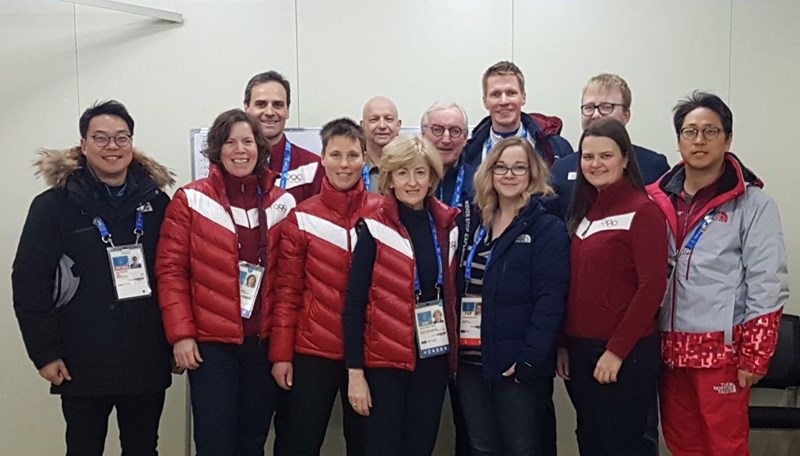Information about a piece of news titled OSTRC at the PyeongChang 2018 Olympics
OSTRC at the PyeongChang 2018 Olympics
Intoduction
IOC INJURY & ILLNESS SURVEILLANCE STUDY: The protection of athletes' health is a key priority for the International Olympic Committee (IOC) and its medical commission.

At the Pyeongchange 2018 Olympic Winter Games, the IOC’s medical experts are conducting an extensive surveillance study, collecting invaluable information daily about injuries and illnesses of athletes to assess risk factors and establish prevention strategies.
As was the case at the Beijing 2008, Vancouver 2010, London 2012, Sochi 2014 and Rio 2016 Olympic Games, the medical research group, composed of members of the IOC Medical Commission, the Pyeongchang Organising Committee, International Federations (IFs) and Research Centres, is monitoring and collecting data from the National Olympic Committees (NOCs) and the organizing comitte´s medical stations on all individual and team sports, recording any newly acquired illnesses and sports injuries incurred in competition or in training, over the two weeks of the Games.
From the Oslo Sports Trauma Research Center, Lars Engebretsen, head of the medical research team, and Kathrin Steffen are represented, joined by Torbjørn Soligard (IOC Medical & Science, former OSTRC-staff) and fellows from the UK, South Korea, Brazil, Russia, and Ireland.
“It is too soon to tell whether the figures recorded at the Olympic Winter Games in PyeongChang will be higher or lower than those recorded at the previous Winter Games, where 11 per cent of athletes suffered an injury and 7 per cent an illness,” Lars Engebretsen tells.
“So far, knee injuries are still the most important injury, like in previous Winter Games.”
The injury and illness data collected throughout the Games will be shared with the NOCs and International Sports Federations (IFs), and used to develop and implement effective prevention strategies to minimise the risk for athletes at all levels.
The IOC prevention work is then done by 10 medical research centres in Calgary, Cape Town, Melbourne, UK, Amsterdam, Qatar, Seoul, Oslo, USA, and Copenhagen, together with the IF´s.
Sharing this knowledge and establishing concrete measures will be a focus of the IOC World Conference on Prevention of Injury & Illness in Sport. The next world conference, gathering leading sports and medical experts, is comming up in 2020.

